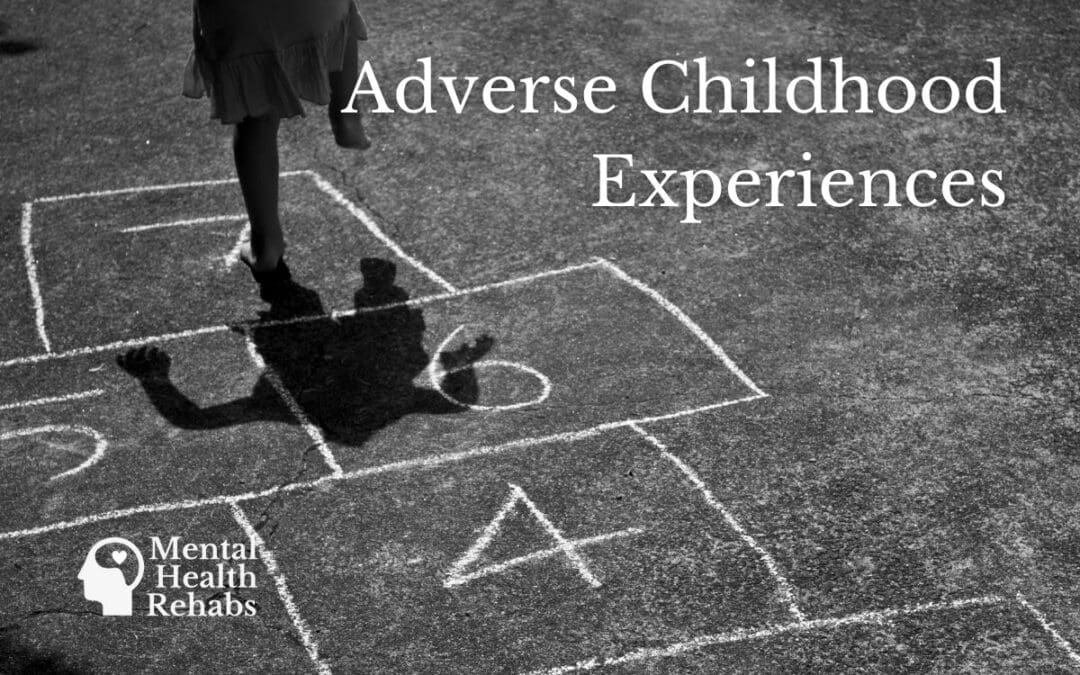Investing In Childhood Mental Health: A Crucial Investment For The Future

Table of Contents
The Long-Term Impact of Untreated Childhood Mental Health Issues
Untreated mental health problems in childhood cast a long shadow, affecting various aspects of a child's life and extending into adulthood. The consequences are far-reaching and significantly impact individual well-being and societal progress.
Academic Performance and Educational Attainment
Children struggling with anxiety, depression, or other mental health challenges often experience significant academic difficulties. Untreated mental health issues can lead to:
- Lower grades: Difficulty concentrating, decreased motivation, and emotional distress interfere with learning and academic performance.
- Increased absenteeism: Mental health struggles can lead to increased school absences due to illness, anxiety, or avoidance.
- Higher dropout rates: Severe mental health issues can contribute to students dropping out of school before graduation.
These challenges highlight the urgent need for comprehensive child mental health services and early intervention programs to ensure academic success. Early identification of learning disabilities coupled with appropriate support can mitigate these negative impacts.
Social and Emotional Development
Mental health significantly impacts a child's social and emotional development. Children with untreated mental health problems may experience:
- Difficulties forming and maintaining friendships: Social anxiety, emotional dysregulation, and impulsive behavior can make it challenging to build and maintain healthy peer relationships.
- Low self-esteem and self-confidence: Negative self-perception and feelings of inadequacy are common among children struggling with mental health issues.
- Problems with emotional regulation: Difficulty managing emotions can lead to outbursts, aggression, or withdrawal, further isolating the child.
Promoting social-emotional learning (SEL) and providing access to appropriate therapy are crucial for fostering healthy social-emotional development and building resilience.
Future Health and Well-being
The consequences of untreated childhood mental health issues extend far beyond childhood. Children who experience mental health challenges are at a significantly increased risk of:
- Adult mental health disorders: Untreated childhood mental health problems often increase the likelihood of developing more severe mental illnesses in adulthood.
- Chronic physical health problems: Mental health issues are linked to a higher risk of developing various chronic physical health conditions, such as heart disease and diabetes.
- Substance abuse: Individuals who struggle with mental health issues from a young age may be more likely to turn to substance abuse as a coping mechanism.
These statistics underscore the importance of proactive interventions and long-term support to mitigate the long-term consequences and promote overall well-being.
Effective Strategies for Investing in Childhood Mental Health
Addressing childhood mental health challenges requires a multi-faceted approach focusing on early detection, access to quality care, and robust support systems for families.
Early Detection and Intervention Programs
Early identification is crucial. Implementing comprehensive mental health screening in schools and primary care settings can help identify children who need support. Effective strategies include:
- Regular mental health screenings: Schools and healthcare providers can utilize standardized screening tools to identify children at risk.
- Early intervention programs: These programs offer targeted support and therapy to children showing early signs of mental health challenges.
- Training for educators and healthcare professionals: Equipping professionals with the skills to recognize and address mental health concerns in children is essential.
These pediatric mental health initiatives are vital in preventing issues from escalating and minimizing their long-term effects.
Providing Access to Quality Mental Healthcare
Access to affordable and high-quality mental healthcare is critical. Initiatives to improve access include:
- Expanding insurance coverage: Ensuring that mental healthcare is covered by insurance plans makes it more accessible to families.
- Increasing the number of mental health professionals: Addressing the shortage of child and adolescent psychiatrists and therapists is essential.
- Utilizing telehealth: Telehealth services can expand access to mental healthcare, particularly in underserved areas.
- Integrating mental health services into schools: School-based mental health services can provide timely interventions and support.
Supporting Parents and Caregivers
Parents and caregivers play a crucial role in a child's mental health. Providing them with resources, education, and support is vital.
- Parenting classes and workshops: These programs educate parents on child development, mental health, and effective parenting strategies.
- Support groups for parents: Support groups provide a safe space for parents to share experiences and connect with others facing similar challenges.
- Access to online resources and information: Reliable online resources can offer valuable information and support to parents.
Strong parental support systems are an integral part of any successful child mental health strategy.
The Economic Benefits of Investing in Childhood Mental Health
Investing in childhood mental health is not only a moral imperative but also a fiscally sound decision. Early intervention and effective treatment programs offer significant economic benefits:
- Reduced healthcare costs: Early intervention can prevent the development of more severe and costly mental health issues in adulthood.
- Improved workforce productivity: Investing in children's mental health leads to a healthier and more productive workforce in the future.
- Decreased burden on social services: Early intervention reduces the long-term need for social services and support systems.
Numerous studies demonstrate a substantial return on investment in child mental health, making it a wise and economically beneficial strategy for society.
Conclusion
Investing in childhood mental health is not just a moral imperative; it's a crucial investment in our future. By prioritizing early detection and intervention programs, expanding access to quality mental healthcare, and supporting parents and caregivers, we can build a healthier, more productive, and more resilient society. Learn more about how you can contribute to improving the mental well-being of children today. Support organizations dedicated to child mental health, advocate for policies that prioritize mental healthcare access for children, and spread awareness about the importance of investing in the mental health of our future generations. Your involvement in improving childhood mental health can make a profound difference.

Featured Posts
-
 Daily Lotto Results Friday 18 April 2025
May 02, 2025
Daily Lotto Results Friday 18 April 2025
May 02, 2025 -
 Christina Aguileras New Photoshoot Fans Accuse Her Of Excessive Photo Editing
May 02, 2025
Christina Aguileras New Photoshoot Fans Accuse Her Of Excessive Photo Editing
May 02, 2025 -
 How To Watch Belgium Vs England Womens Match Tv Channel And Kick Off Time
May 02, 2025
How To Watch Belgium Vs England Womens Match Tv Channel And Kick Off Time
May 02, 2025 -
 The End Of An Era Another Dallas Star Dies
May 02, 2025
The End Of An Era Another Dallas Star Dies
May 02, 2025 -
 This Country A Travelers Handbook
May 02, 2025
This Country A Travelers Handbook
May 02, 2025
